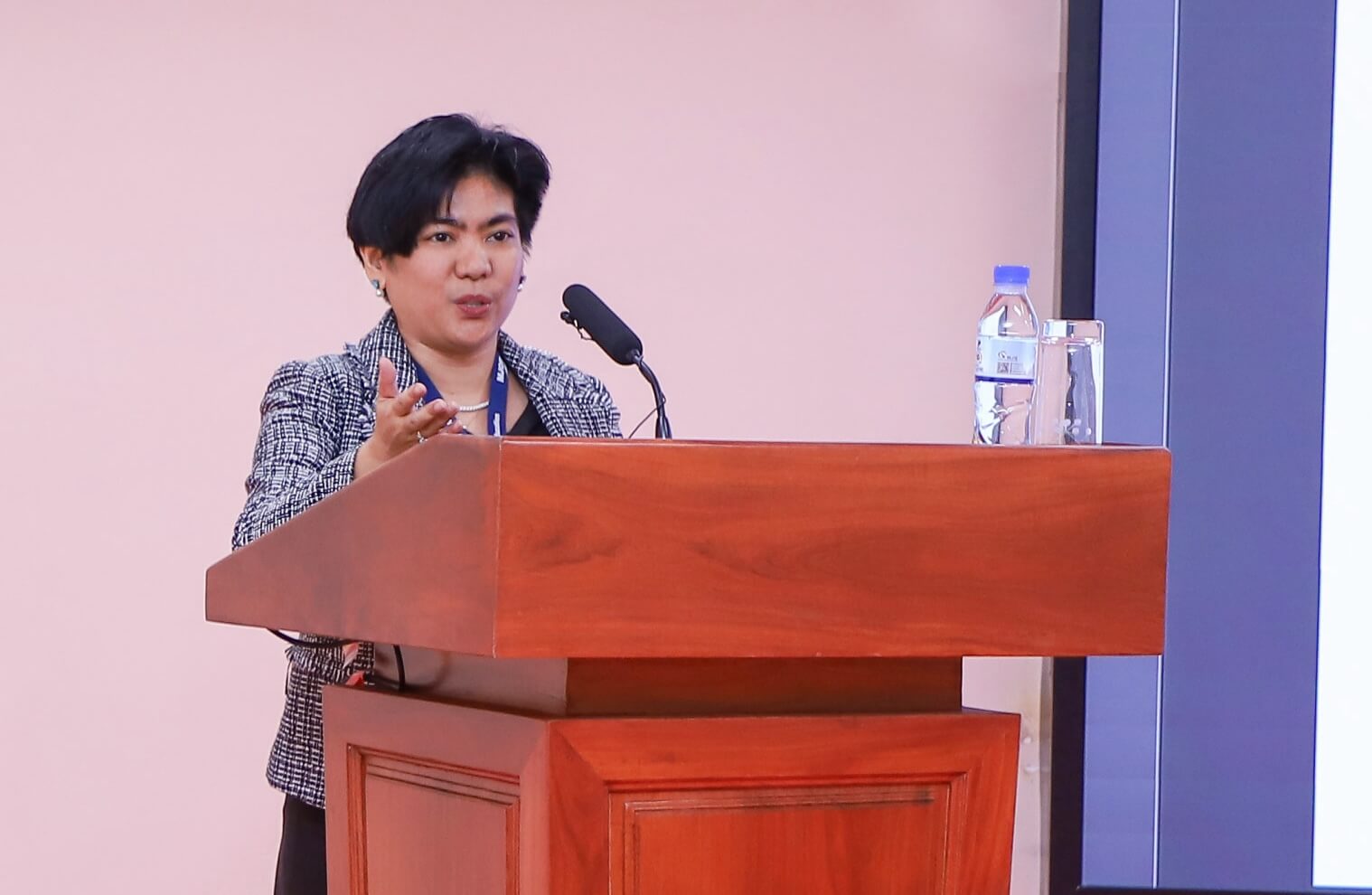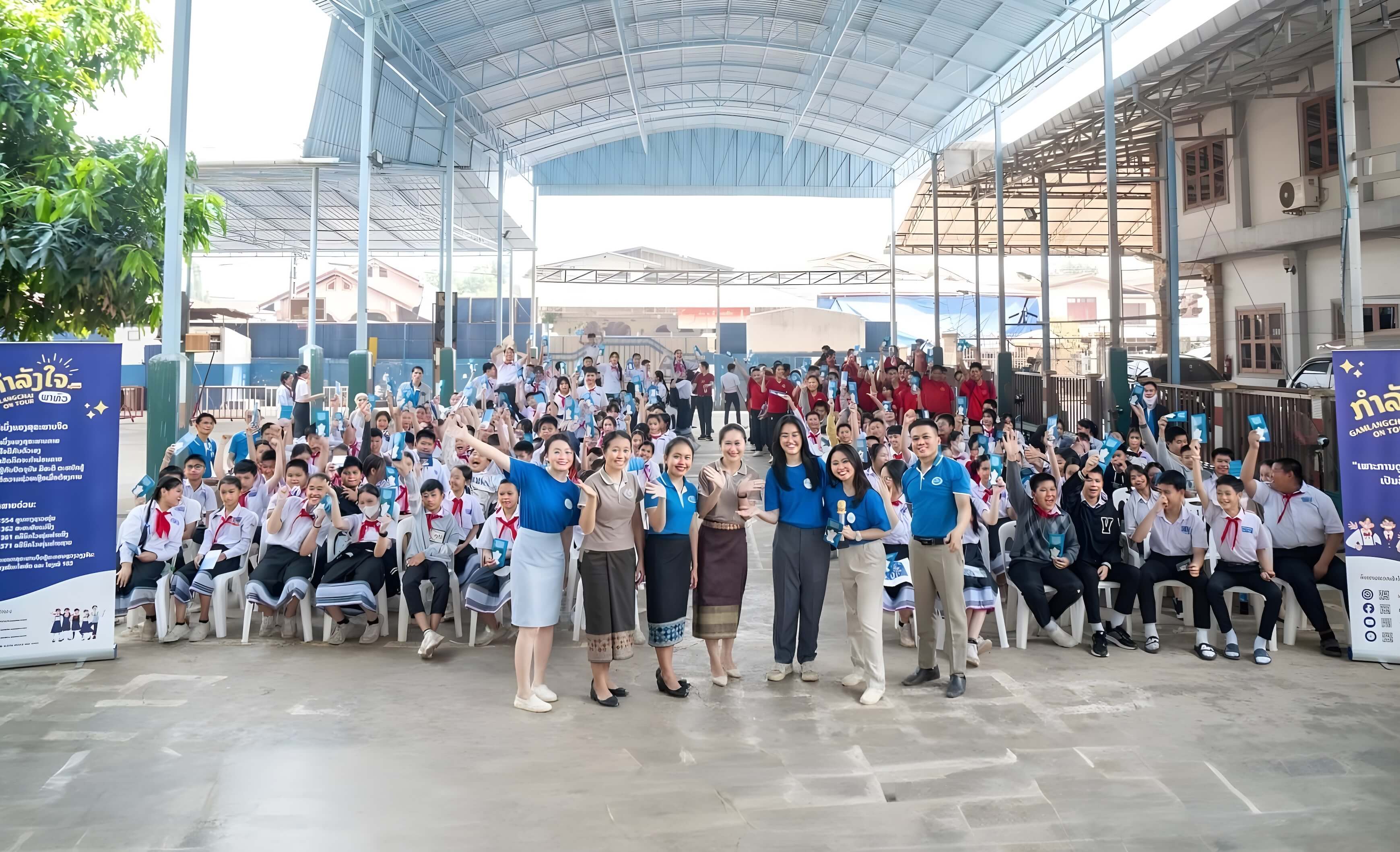




Over the past few years, ASEAN has ramped up efforts to make sure that millions of intra-ASEAN migrant workers, who pay into their host country’s social security system, can bring their accrued benefits back home. In 2022, the region’s heads of state adopted the Declaration on Portability of Social Security Benefits for Migrant Workers in ASEAN, signalling their commitment to support the portability of social security contributions. Portability is defined as the ability of social security benefits such as pension and healthcare to be transferred to and accessed by migrant workers upon return to their home countries.
In 2024, ASEAN Member States crafted the Guidelines on Portability of Social Security Benefits for Migrant Workers in ASEAN. The guidelines provide recommendations on the scope and terms of any social security agreement that the ASEAN Member States will forge in the future, either multilaterally or bilaterally.
If implemented, these proposed guidelines will be particularly relevant to migrant workers like Annisa Tiara and Melissa Dacles-Garcia, whose professional aspirations have taken them to neighbouring shores.
Armed with a communication science degree and eager to explore the world, Annisa Tiara jumped on a chance to work overseas. She told The ASEAN, “There are so many places I want to go to outside Indonesia. But back then, I had no money since I was a fresh graduate, so I thought, why don’t I just use my skills and apply for jobs abroad? A year after graduating, I got an opportunity to work in a small tech agency in Kuala Lumpur. I started in January 2020, just before the COVID-19 pandemic lockdown. My career didn’t progress as expected, so I applied to my current company, which is based in Bangkok. I’m celebrating my third year this November.”
Melissa Dacles-Garcia was visiting a family member in Phnom Penh from Manila in 2005 when she received an unexpected offer from a former supervisor: a chance to help launch and grow a fledgling travel magazine company. What she thought would be a short stint became a two-decade-long career in marketing and operations. “The company transformed into an ad agency, and I stayed on for a bit before moving on to an international hotel. I next worked for a bank, then joined a real estate firm. The pandemic hit the real estate firm hard, (and) so many of us were let go. I’m now working for another ad agency.”


Annisa and Melissa are grateful that their companies offer comprehensive insurance coverage, including their host countries’ mandatory government social security and additional private health insurance. “We need them at this time, especially since we just had the COVID-19 pandemic. You don’t know when you’ll get sick,” Melissa remarked.
“Amazingly, Thailand does not discriminate. To my knowledge, all expats and Thais who are employed by Thai-registered companies pay the same percentage to the Thai Social Security Fund and are entitled to the same benefits (i.e. medical, maternity, childcare, disability and death, unemployment, and pension),” Annisa said. “So far, I’ve been able to use my social security card for dental services here.”
“I’ve been contributing to Cambodia’s National Social Security Fund through my current employer and previous ones. I think the government made some changes a few years ago that expanded the coverage for foreign workers. I haven’t personally used any of the benefits yet, but I know some Filipina teachers who have received the maternity benefit,” said Melissa.
Although none of the Member States have signed formal agreements on the portability of social security benefits, the guidelines bring the region one step closer to ensuring that the contributions of Annisa and Melissa will be transferrable to their home countries in the future.
The guidelines propose the principle of equal treatment and reciprocity as a cornerstone. ASEAN Member States must agree to treat migrant workers from other Member States like their own nationals regarding coverage and rights to benefits. They also call for applying the principle of lex loci laboris, which states that benefits owed under the laws of one Member State must be recognised in all Member States that are part of the agreement. Additionally, the benefits paid to the worker must not be reduced, altered, suspended, cancelled, or confiscated.
The guidelines also address the issue commonly encountered by migrant workers like Annisa and Melissa who have worked in multiple countries including their own, and have paid social security in all. The guidelines recommend allowing the “totalisation” of benefits or adding up the contribution periods under different national social security systems so that the migrant worker can qualify for payment of long-term benefits, such as old-age, disability, and survivor’s benefits.
Annisa welcomes any proposal to accrue migrants’ contributions under different systems. “It will leave us more secure. After all, this is funded by our own hard work,” she said.
Melissa also supports efforts to consolidate contributions: “Even though I’m contributing to Cambodia’s social security fund, I retained my membership with the Philippines’ Social Security System. My thinking is that if I can’t access benefits from one, then at least I have another. Honestly, I don’t expect huge claims from each when I retire because the benefit schemes I’m enrolled in are small. But combining them and getting access to both as a lump sum or pension will be a big help.”
The guidelines likewise recommend harmonising and streamlining administrative procedures for applying for and processing benefit claims and agreeing on the language of the documents, currency of payments, dispute mechanisms, and other details.
Annisa agrees there is a need to improve processes, recalling her challenges with the two systems. “The amount of paperwork and the steps I had to go through to collect my small lump-sum benefit from Badan Penyelenggara Jaminan Sosial (Indonesia’s social security system) was complicated,” she said. “And while Thailand offers excellent coverage, the language barrier and limited outreach make it hard for expat employees like me to understand and avail of the benefits.”
The importance of signing social security agreements that ensure the portability of benefits for migrant workers cannot be overstated. Portability agreements protect migrant workers’ rights, ensuring they are not deprived of the benefits they paid for and shielding them from financial burden when they retire, reach old age, or have a medical emergency.
They also contribute to the growth of home and host countries. For home countries, portability lessens the demand for government assistance and alleviates the strain on local welfare programmes. Moreover, it encourages smooth and sustainable reintegration, boosts consumption, and encourages investment of return migrants. For host countries, portability incentivises formal and legal employment routes and attracts a skilled workforce that can contribute positively to the economy.
Melissa and Annisa can only hope that portability agreements will be in place to ease their reintegration and secure their future when it’s time for them to return home.








